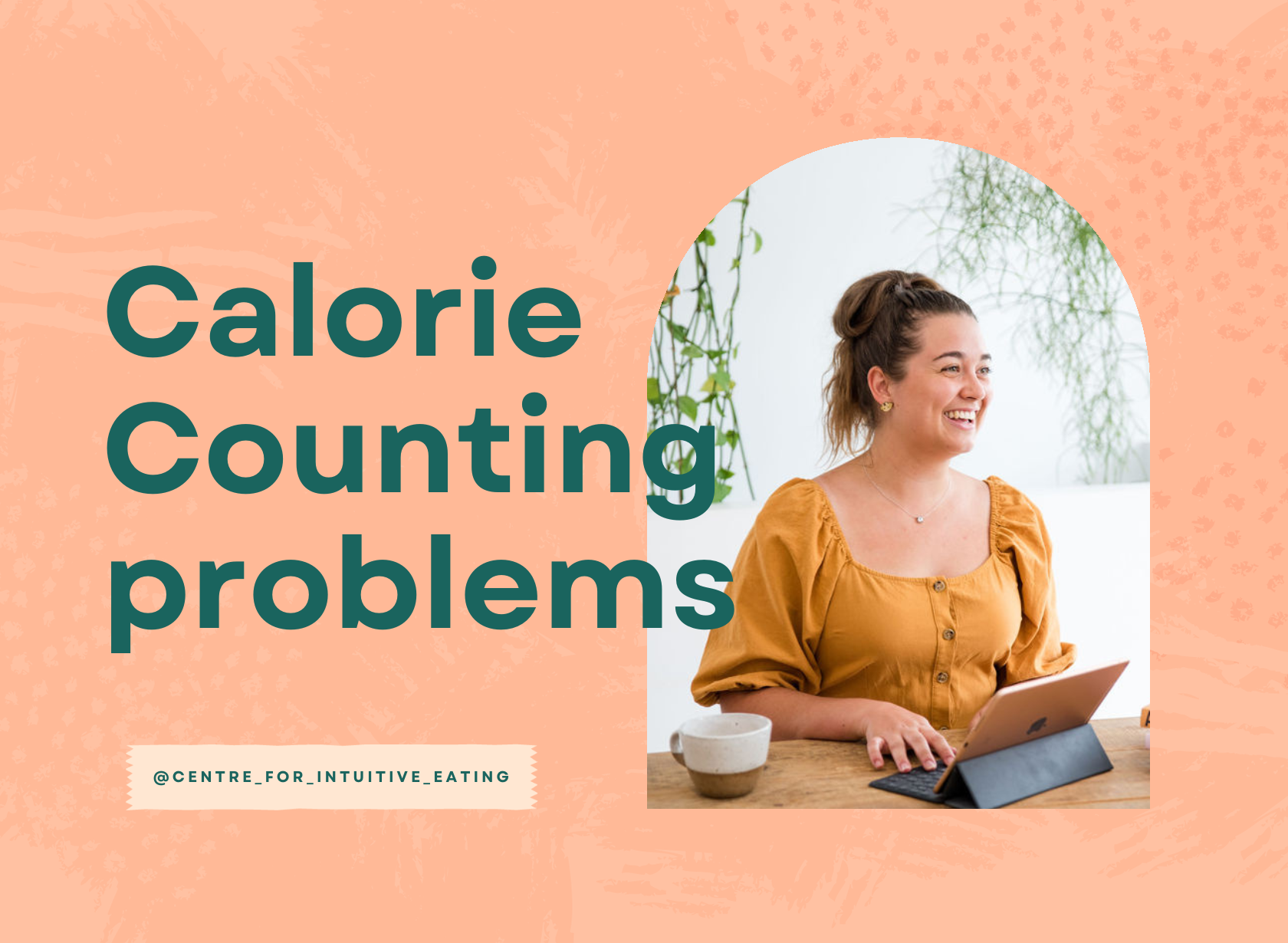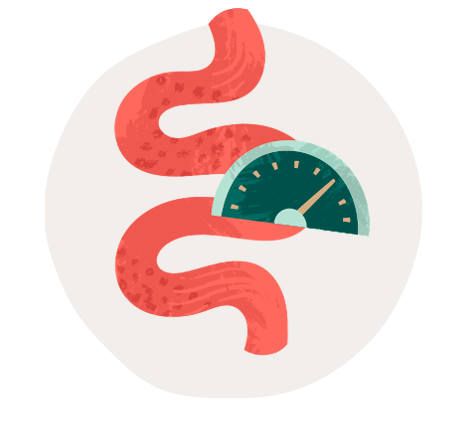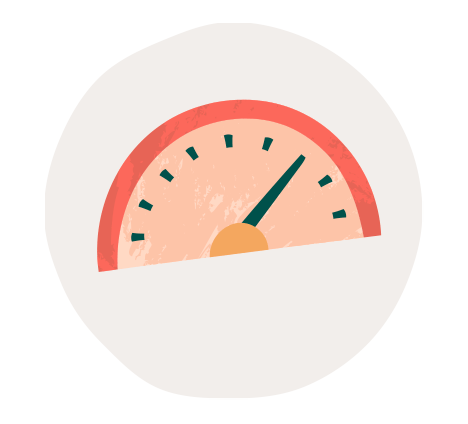Is there a problem with counting calories? Calorie (or Kilojoule) counting is often used by people use to try to lose or maintain a certain body weight, or follow a diet. There seem to be endless sources that encourage calorie/kilojoule counting, including:
-
Doctors, dietitians and government pamphlets
-
Media and social media
-
Packaged food labels
-
Exercise machines that have electronic displays showing the calories burned off each minute
-
Restaurants menus
-
Phone apps and watch devices
It is near impossible to avoid calorie information! Calorie counting is one of the top methods used by people looking to alter their body weight or shape. But the risks and dangers seem to be rarely discussed.
Have you ever tried counting calories (aka kilojoules)?
I have. I began tracking calories innocently enough when I was a teenager. I wanted to alter weight and google told me I needed to know how to count my food. So that’s what I did. At the time I had no idea how much trouble I was getting myself in for. It didn’t take long for me to became obsessed with numbers – the one on the scale and the one in my tracking app. Even when I wasn’t actively tracking them in myfitnesspal or the like, I couldn’t stop the mental counter ticking…
“If you have this snack now, then you can only have a small portion at dinner, otherwise you’re over the limit for the day”
And if I went over my self-imposed limit…one of two things would happen:
- I would feel the need to compensate with exercise or restricting my food
- I would think “well I’ve screwed it now, so may as well keep going and start again in X amount of time”. Cue out-of-control eating and feeling really guilty about it
It. was. exhausting. It wreaked havoc with my mental health. I felt obsessed with food and had little brain space to think of much else.
Luckily, I came to realise how disordered all the counting was able to rediscover a normal, healthy relationship with food. I do not miss tracking my food intake one bit and have maintained a stable weight range for 10 years without counting. A key factor in helping me stop counting my food, was learning all the associated problems, risks and inaccuracies with calorie counting.
5 Key Problems with Calorie Counting
1. Calorie counts are wildly inaccurate
Sources of calorie information make out like they are accurate down to the 1 calorie. This is so far from the case it’s not even funny.
It’s very difficult to determine the total amount of calories needed for an individual. We can take an estimate but the margin of error here is massive. This is because there are so many factors that influence our calorie needs, including:
-
Age, sex, weight, height, muscle/fat ratio, metabolic rate
-
-
-
Timing of meals
-
Physical activity level
Furthermore, you dietary needs will fluctuate across days, weeks and months. We are not designed to eat the exact same number of calories each day. We are humans, not robots!
It’s also impossible to accurately calculate the calorie/kilojoule content of the food we eat, even with scales, measuring cups and apps. That means most calorie counts on food labels and in calorie king are inaccurate. This is because they are based on a system of averages that ignores the complexity of digestion.
– how our food is prepared
-how much energy we use to digest different foods
Current calorie counts do not consider any of these factors. Digestion is so intricate that even if we try to improve calorie counts, we will likely never make them perfectly accurate.
This study showed that fitness devices including Apple Watch and Fitbit have a large margin of error when it comes to measuring calorie expenditure. The most accurate device studied was off by an average of 27%! And the least accurate was off by 93 percent!
2. Calorie counting can lead to false attribution
Have you ever adjusted your intake based on daily or weekly weight changes? If so, you are not alone and this behaviour is often encouraged. But this is actually false feedback! This is because body mass and fat are affected by so many factors. And the number on the scale is too. They fluctuate regardless of calorie consumption. If you limit intake to a certain amount and lose weight, you may falsely assume that the weight loss was because of the calorie rules followed. In fact, it could be down to many other factors and have nothing to do with the calories.
3. Disrupted body function and cues
Eating according to a calorie limit negatively affects ability feel hunger and fullness cues (the original calorie counters). This makes us more more vulnerable to eating past comfortable fullness and less able to regulate intake in the future.
4. Undernourishment
If you are eating less calories than what your body requires, this makes it hard to get the nutrients that you needs. Your body needs a certain amount of carbs, protein, fat, vitamins, minerals and other nutrients to function. It also needs these for your metabolism to keep churning efficiently. If you are deficient in a nutrient, our body will not function at it’s best and we may experience negative affects on physical and mental health. Research shows that calorie restriction leads to slowed metabolism. And this may partly explain why most people who lose weight through dieting regain it within 2-5 years.
5. Poor mental health
Rigid rules tend to be hard to stick to. And especially when it comes to fighting against out body’s biological needs. (No matter your body size, your body needs enough calories – and probably more than what myfitnesspal may tell you). When your calorie limit is eventually broken, this is often seen as a “failure”. This can be a source of low self-esteem. People who become obsessed with counting calories can end up calculating figures all day long, and feel anxious about foods when they don’t know the calorie content. This can lead to avoiding social occassions and other unhealthy behaviours.
So…. if calorie counting is so flawed, what’s the alternative? Well, if we let it, our bodies will do these calculations for us. Think about it … adult humans and animals have been maintaining stable weights for thousands of years before we even knew about calories. The trick is to tune back into your bodies signals of hunger, satiety and fullness which can communicate all you need to know about your body’s needs for nourishment. Intuitive Eating is a framework that can help with this.
Intuitive Eating can help you stop counting calories
Intuitive Eating is an evidence-based approach to rediscover a healthy relationship with food. Moving away from rigid rules; Intuitive eating helps you to finally trust your body and its signals again using a series of knowledge, tools and skills.
A big part of Intuitive Eating is relearning how to listen, and appropriately respond to hunger and satiety cues. This is really helpful when trying to stop counting calories. You can learn more about how to get started with this here.
Do you want to ditch calorie counting and stop your life revolving around healthy eating or planning what to eat? If so then Intuitive Eating is right for you!
At CFIE, our Dietitians offer 1:1 coaching to help you work towards a positive relationship with food, movement, your body and self. Return to the joyful experience of eating and feel better, more present, more connected and more free to live life to the fullest.
Read more about our services.














